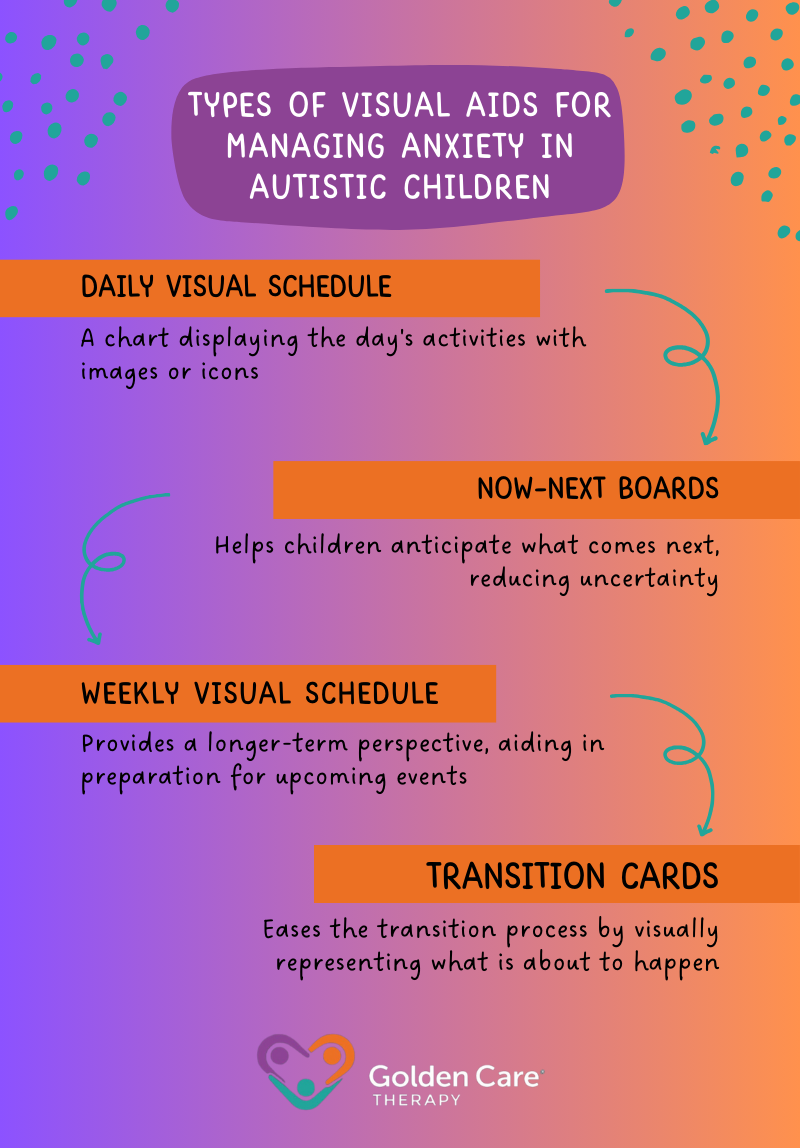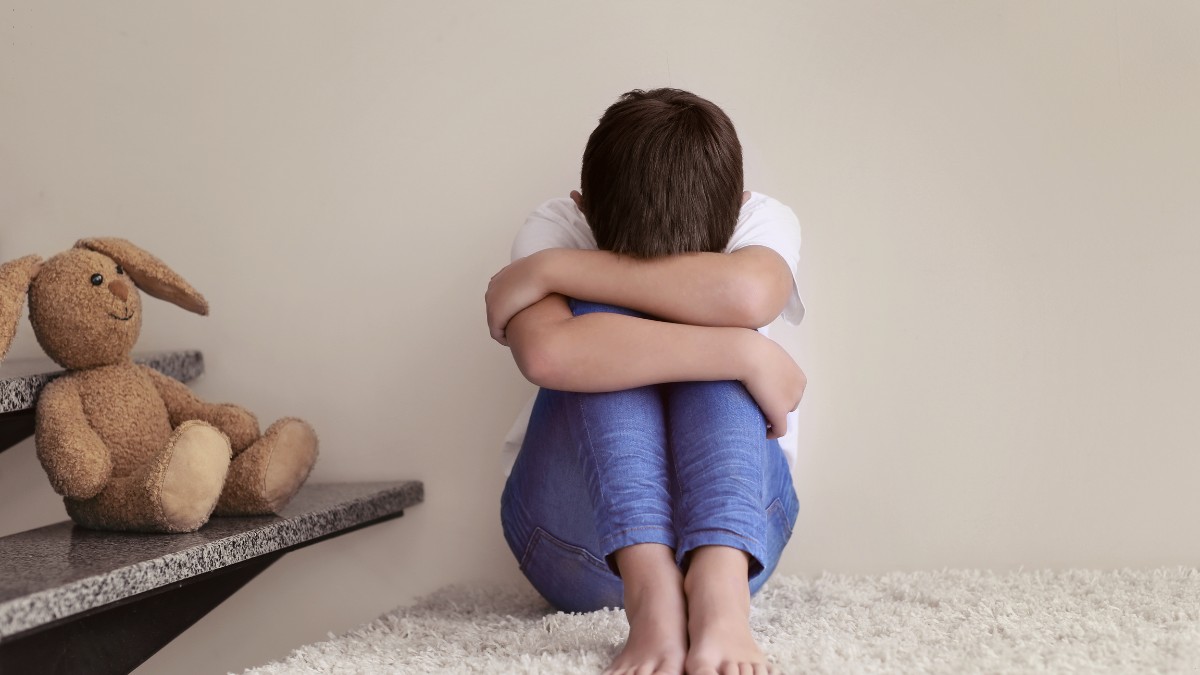Anxiety can feel overwhelming for any child, but for kids with autism, it often takes on a whole new level of intensity. Everyday situations—like a change in routine, loud noises, or even a simple conversation—can trigger deep worry or distress, adding to the mental health challenges they may already face.
Sometimes, the signs are obvious, like crying or avoiding certain places. Other times, anxiety hides behind behaviors that may seem like stubbornness, meltdowns, or even physical discomfort.
Understanding how anxiety affects autistic children is key to helping them feel safe, supported, and more in control of their world.
How Does Anxiety Affect Kids with Autism?
Anxiety can have a profound impact on kids with autism, and this often amplifies their sensory sensitivities, social challenges, and repetitive behaviors.
Many autistic children experience heightened anxiety due to difficulties with unexpected changes, overwhelming sensory input, or struggles with understanding social cues. This anxiety can manifest in various ways, such as increased stimming, meltdowns, avoidance of certain situations, or even physical symptoms like stomachaches and headaches.
Since autistic children may have trouble expressing their feelings verbally, their anxiety can sometimes be mistaken for defiance or behavioral issues.
That said, the effects of anxiety on autistic children can also interfere with their ability to learn, engage, and build relationships. When anxiety is high, it can make it difficult for them to focus in school, participate in group activities, or try new experiences.
Some may develop rigid routines or rituals to create a sense of control, while others may withdraw from social interactions altogether. Addressing anxiety in autistic children often requires a combination of structured routines, sensory-friendly environments, and coping strategies tailored to their unique needs.
Support from parents, therapists, and teachers can help reduce anxiety levels and create a sense of security, allowing autistic children to thrive both emotionally and socially.
How to Manage Anxiety in Autistic Children
Anxiety can significantly impact the lives of children with autism. Understanding how to manage this anxiety is crucial for parents and caregivers. Fortunately, there are several effective approaches, some of which are as follows:
Cognitive Behavioral Therapy
Cognitive behavioral therapy is a widely accepted psychological approach for treating anxiety in children with autism, particularly those with some verbal abilities. This therapy helps children identify the root of their fears and challenges them to face these fears progressively through exposure therapy.
Studies have shown that cognitive behavioral therapy is more effective than other talk therapies in treating anxiety in children.
Parents and caregivers can implement CBT techniques at home with professional guidance. Resources such as books on cognitive behavioral therapy and manuals for therapists and teachers can assist in managing a child’s anxieties.
Medication Considerations
In some cases, medications can help manage anxiety in children with autism. Psychologists and mental health occupational therapists can assist in developing strategies to reduce anxiety.
Medication may be recommended in severe cases where anxiety significantly impacts the child’s daily life and other strategies have not been effective.

Home-Based Techniques
Parents and caregivers can also employ various home-based techniques to help manage anxiety. These techniques may include creating a structured environment, using visual schedules, and practicing relaxation exercises. Consistency and routine can provide a sense of security for children with autism, helping to alleviate anxiety.
By utilizing these strategies, parents and caregivers can help their children navigate their anxieties more effectively.
Tools and Strategies for Anxiety Management
Managing anxiety in autistic children can be enhanced through the use of specific tools and strategies. Visual aids and social stories are particularly effective in helping children navigate their feelings and prepare for various situations.
Visual aids, such as daily or weekly schedules, can significantly assist autistic children in understanding their routines. These tools provide a clear picture of what to expect, which can help reduce anxiety levels associated with changes in routine or transitions.
Some of the common types of visual aids include:

Using these visual tools can help autistic children feel more secure and less anxious about their daily activities.
Social stories are another effective strategy for addressing anxiety in autistic children. These narratives are tailored to explain social situations or changes in a way that is easy to understand. They can help children process their feelings and learn appropriate responses to various scenarios.
Through the use of social stories, parents and caregivers can help children prepare for situations that may trigger anxiety. Needless to say, these tools are essential in supporting autistic children as they navigate their emotions and experiences.
Impact of Anxiety on Autistic Individuals
Anxiety is a significant concern for many individuals on the autism spectrum. Research indicates that anxiety affects at least 40% of autistic individuals, making it a common issue among autistic children and young people. This prevalence highlights the need for awareness and effective strategies to address anxiety in this population.
Despite the high prevalence of anxiety among autistic individuals, the demand for support often exceeds the available specialist resources.
Many parents and caregivers report difficulties in accessing appropriate services for managing anxiety in their children. This gap in support can lead to increased stress for both the child and their family.
Addressing these challenges is crucial for improving the mental health and overall well-being of autistic children experiencing anxiety.
The Key Takeaway
Anxiety can make life feel overwhelming for kids with autism, but with the right support, they can learn to manage their fears and feel more at ease. Understanding their struggles, creating a predictable routine, and offering patience can make a big difference. Every child is unique, so finding what helps them feel safe and comfortable is key.
With encouragement and the right tools, they can build confidence, navigate challenges, and enjoy the world in their own way. At Golden Care Therapy, we provide top-quality ABA therapy tailored to each child’s unique needs. Our dedicated team works hands-on to foster growth, independence, and meaningful progress. If you’re looking for an ABA therapist in Indiana, New Jersey, New York, Georgia, or Florida, we’re here to help. Contact us today to learn how we can support your child’s journey!
Sources:



